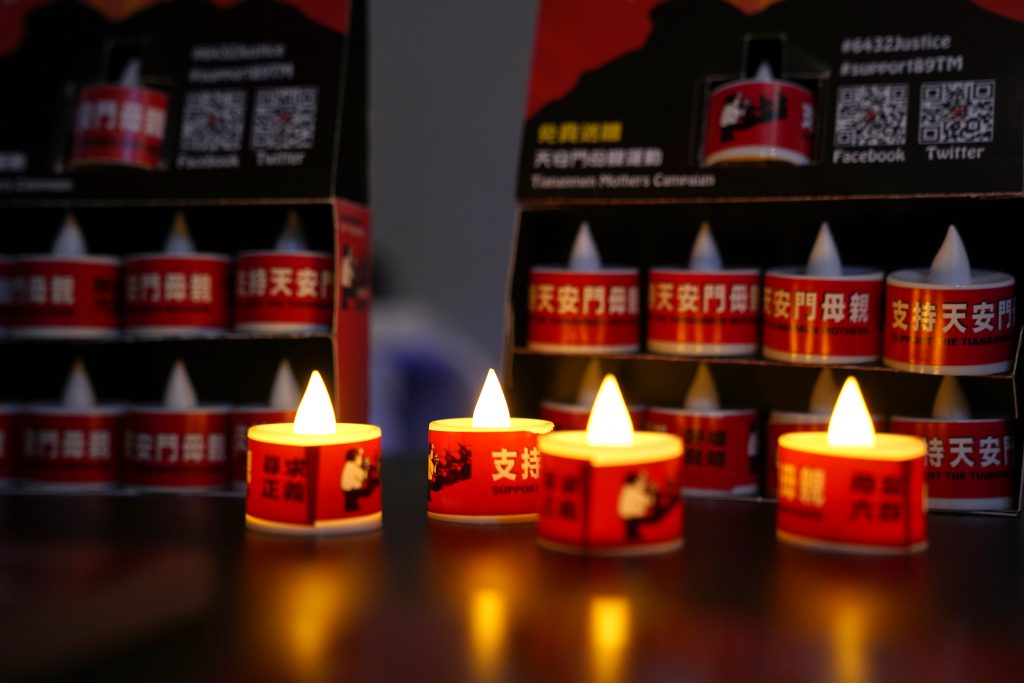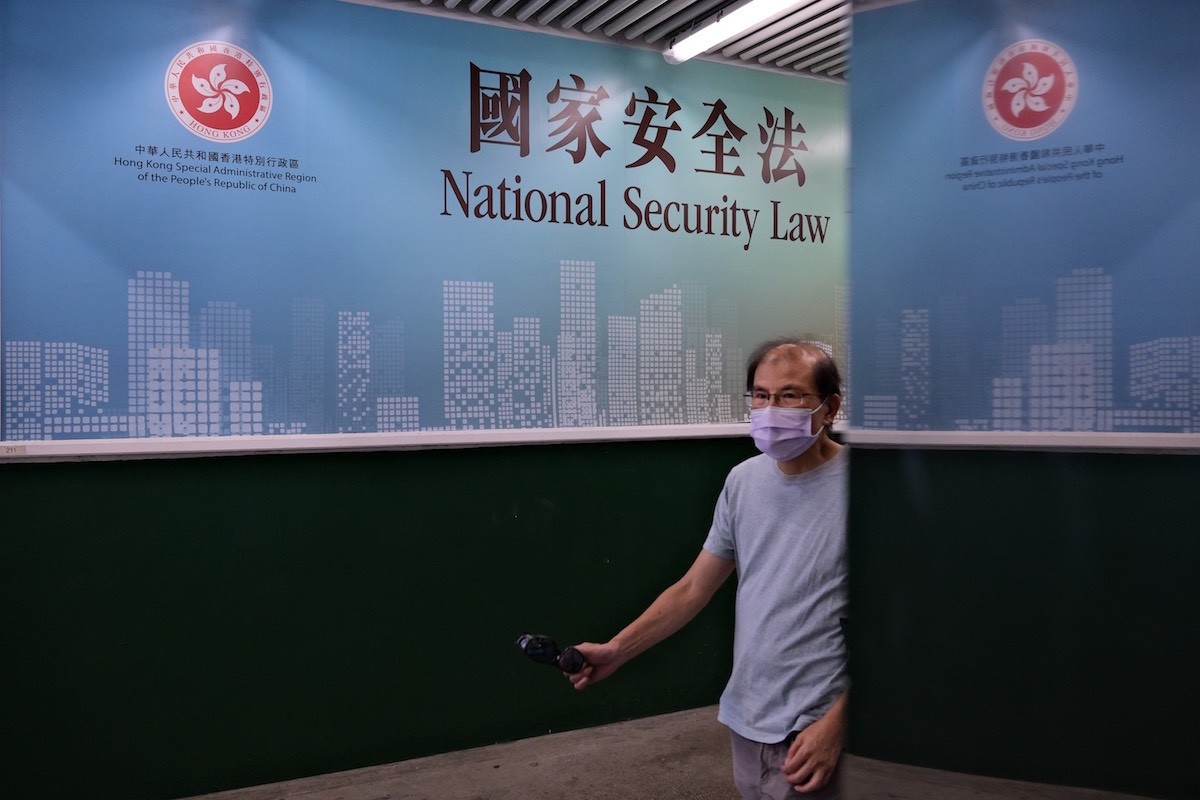The Hong Kong government on Tuesday tabled a legislative amendment that will add new requirements to current guidelines for the board of film censors, requiring them to prevent films from being screened if they contain scenes, ideas, or images critical of the authorities.
The amendment is aimed at “ensuring more effective fulfilment of the duty to safeguard national security … as well as preventing and suppressing acts or activities that may endanger national security,” the government said in a statement on its website.
The amendment is highly likely to be voted through by the Legislative Council (LegCo), which has been devoid of any genuine political opposition since the mass resignation and mass arrests of dozens of former lawmakers and democracy activists for “subversion.”
If passed, the amended law will require censors to “consider whether the exhibition of a film would be contrary to the interests of national security.”
Since the national security law was imposed on Hong Kong by the ruling Chinese Communist Party (CCP) from July 1, 2020, mainland Chinese state security police have set up headquarters in the city.
The newly constituted national security police have since then launched a city-wide crackdown on dissent, public criticism, and political opposition in the form of opposition lawmakers, pro-democracy, media and protesters who use the now-banned slogans of the 2019 protest movement.
The amendment also empowers the city’s chief secretary to revoke approvals issued by the Hong Kong Film Censorship Authority before the law was enacted, ensuring that older films with content deemed problematic by the government will no longer be allowed to be screened in the city.
Censors will also be given the power to raid screenings of films in any location in Hong Kong, search the venue, and stop screenings that are found to contravene the proposed new rules.
The maximum penalty for screening films without approval will be raised to three years’ imprisonment.
“The main reference is the national security law … for instances, acts or activities which might endorse, support, glorify, encourage and incite such activities that might endanger national security,” Edward Yau, Hong Kong’s commerce secretary, told reporters on Tuesday.
On July 30, 2021, a court in Hong Kong handed down a nine-year jail term to motorcyclist Tong Ying-kit for “terrorism” and inciting “secession” after he flew a banned slogan from his bike during a street protest.
The slogan from the 2019 protest movement — “Free Hong Kong, revolution now!” — was found by the court to be an incitement to secession.

‘Why be afraid?’
Vincent Tsui, independent movie director and founder of indie filmmakers’ group Ying E Chi, said the law won’t affect the way he makes films in future.
“I am still going to make the movies I want to make,” Tsui told RFA. “Why be afraid?”
“Shooting the films shouldn’t be a problem. If they won’t let me show it, then so be it; that’s on them,” he said. “I’m going to do my own thing.”
Films made by Ying E Chi members have already been effectively banned in Hong Kong, including the documentaries “Taking Back the Legislature” about the July 1, 2019 storming of LegCo by protesters angry about plans to allow extradition to mainland China, and “Inside the Red Walls” about the November 2019 siege of Hong Kong Polytechnic University by riot police.
A screening of “Inside the Red Walls” was canceled in March 2021 after the cinema that planned to show it was denounced in the pro-China Ta Kung Pao and Wen Wei Po newspapers.
Satire could also be banned
Actor Tin Kai-man, who is also the spokesman for the Federation of Hong Kong Filmmakers, said the vagueness of the provisions under the amendment could mean filmmakers run afoul of the national security law for no good reason.
“As a creator and producer, the thing I am most concerned about is breaking that law,” Tin told RFA. “Will criticizing the government now be regarded as breaking the national security law?”
“We need to be clear if we are allowed to criticize the government now or not,” he said.
The wording of the amendment also suggests that satirical, political films like “Ten Years”, “From Beijing With Love,” and “Her Fatal Ways” could also be banned.
Commerce secretary Yau appeared to confirm this possibility on Tuesday.
“We need this provision to cater for circumstances where a film which was graded or approved before, but given the new law enacted and new guidelines issued, there could be a chance that we need to reconsider such cases,” Yau said.
But he said there was as yet no blacklist of banned films.
Copyright © 1998-2020, RFA. Used with the permission of Radio Free Asia, 2025 M St. NW, Suite 300, Washington DC 20036.







